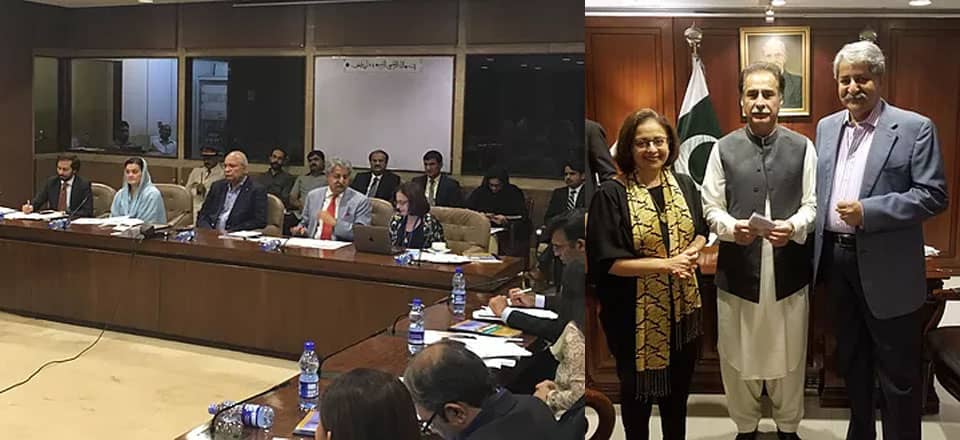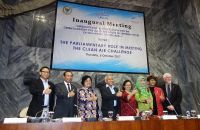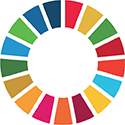
Hosted by Hon. Naveed Qamar, MNA and Board Member of AirQualityAsia
National Assembly, Committee Room 2| Islamabad, Pakistan
AirQualityAsia Inaugural Round Table Consultation On The Role of Parliament in Meeting the Clean Air Challenge
We, the participants of the AirQualityAsia Round Table Consultation:
Acknowledging that air quality represents serious health, economic, social, environmental and transboundary challenges;
Cautioning that the drive towards economic development can lead to high levels of pollution and can carry immense health costs that can be counter-productive unless proper monitoring, emissions standards, enforcement and measures incentivizing efficient and clean use of energy are not in place to protect against air pollution and promote Sustainable Development Goals;
Committed to substantially reducing, by 2030, the number of deaths and illnesses from hazardous air pollutants and contamination (SDG 3.9); the adverse per capita environmental impact of cities, including by paying special attention to air quality, municipal and other waste management (SDG 11.6);
Committed by our governments in SDG 12.4 to achieve, by 2020, the environmentally sound management of chemicals and all wastes throughout their life-cycle, in accordance with agreed international frameworks, and significantly reduce their release to air, water and soil in order to minimize their adverse impacts on human health and the environment (SDG 12.4);
Confirming the urgent need to improve monitoring of air pollution in Pakistan, especially for PM2.5;
Confirming our commitment to protect and preserve our heritage from destruction cause by air pollution;
Acknowledging the role of urban forests in improving air quality;
Reaffirming as agreed by our governments in SDG 3.9 that ensuring clean air quality can serve improvements in global public health as well as provide robust climate adaptation measures;
Accepting as agreed by our governments in SDG 11.6 that assessment of air quality is crucial in informing policy makers for adopting corrective measures;
Acknowledging that States owe a special responsibility to one another to reduce or prevent sources of transboundary air pollution; and
Emphasizing that robust fiscal policies and incentives can lead industry investments in clean air technologies;
Agree to work within Parliament, Parliamentary Committees and with civil society organizations and other regional and international fora in which we participate, to:
-
Enhance public awareness of the dangers and costs of air pollution to individuals, societies and public health systems, with a view to mobilizing public opinion in favour of cleaner air quality across Pakistan.
-
Review and revise the national energy policies with a view of mainstreaming SDGs by focusing on renewable and low-carbon energy sources.
-
Propose tax relief and subsidies that support initiatives and investment in green technologies, energy efficient industries and a low-carbon and zero-emission economy.
-
Propose budgets for investment in air quality measurement devices that can provide real-time air quality information.
-
Work together to ensure Pakistan’s meets its commitments on SDGs 3.9, 11.6 and 12.4 by 2030
 The State of India’s Pollution Control Boards - Are they in the green?
The State of India’s Pollution Control Boards - Are they in the green?
Centre for Policy Research, April 2023
 Tracing the Hazy Air 2023 - Progress Report on National Clean Air Programme (NCAP)
Tracing the Hazy Air 2023 - Progress Report on National Clean Air Programme (NCAP)
Centre for Research on Energy and Clean Air (CREA), 2023







